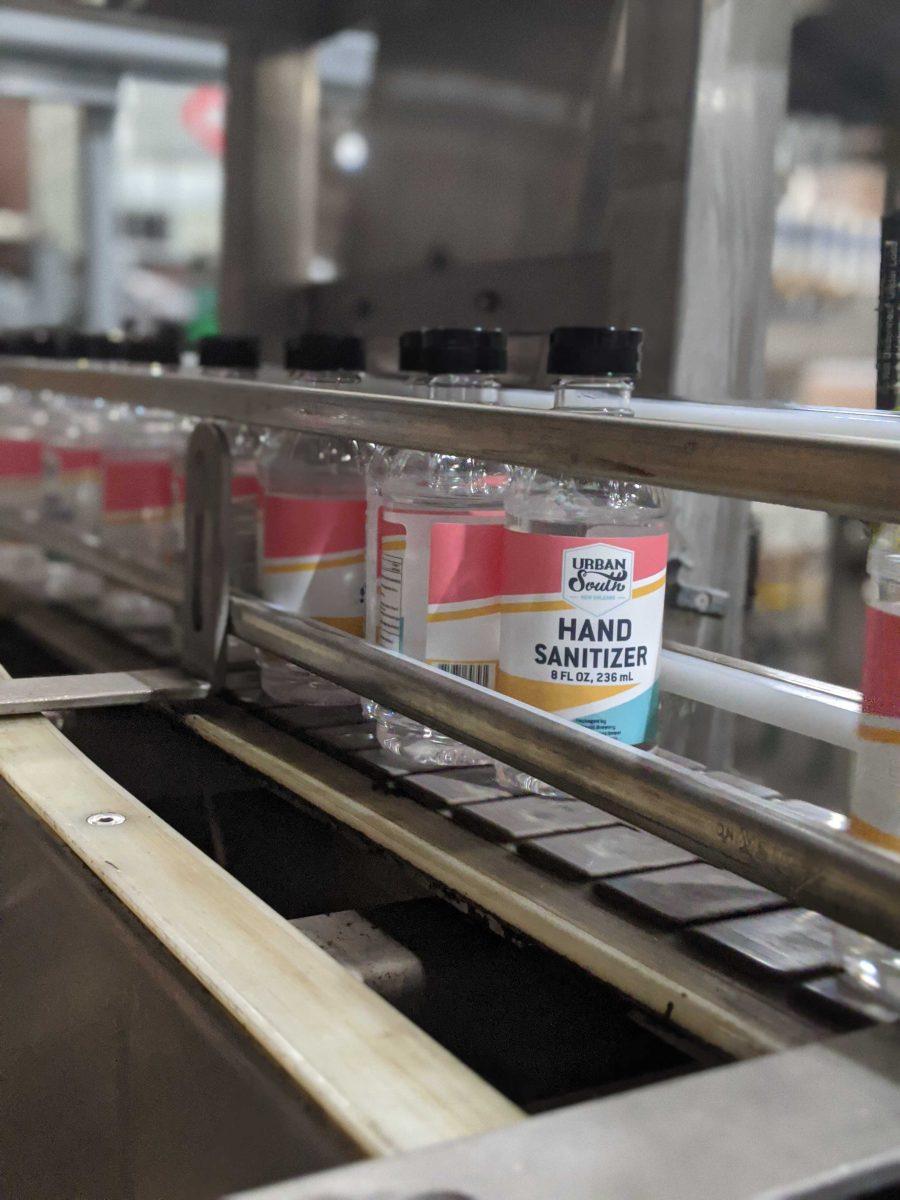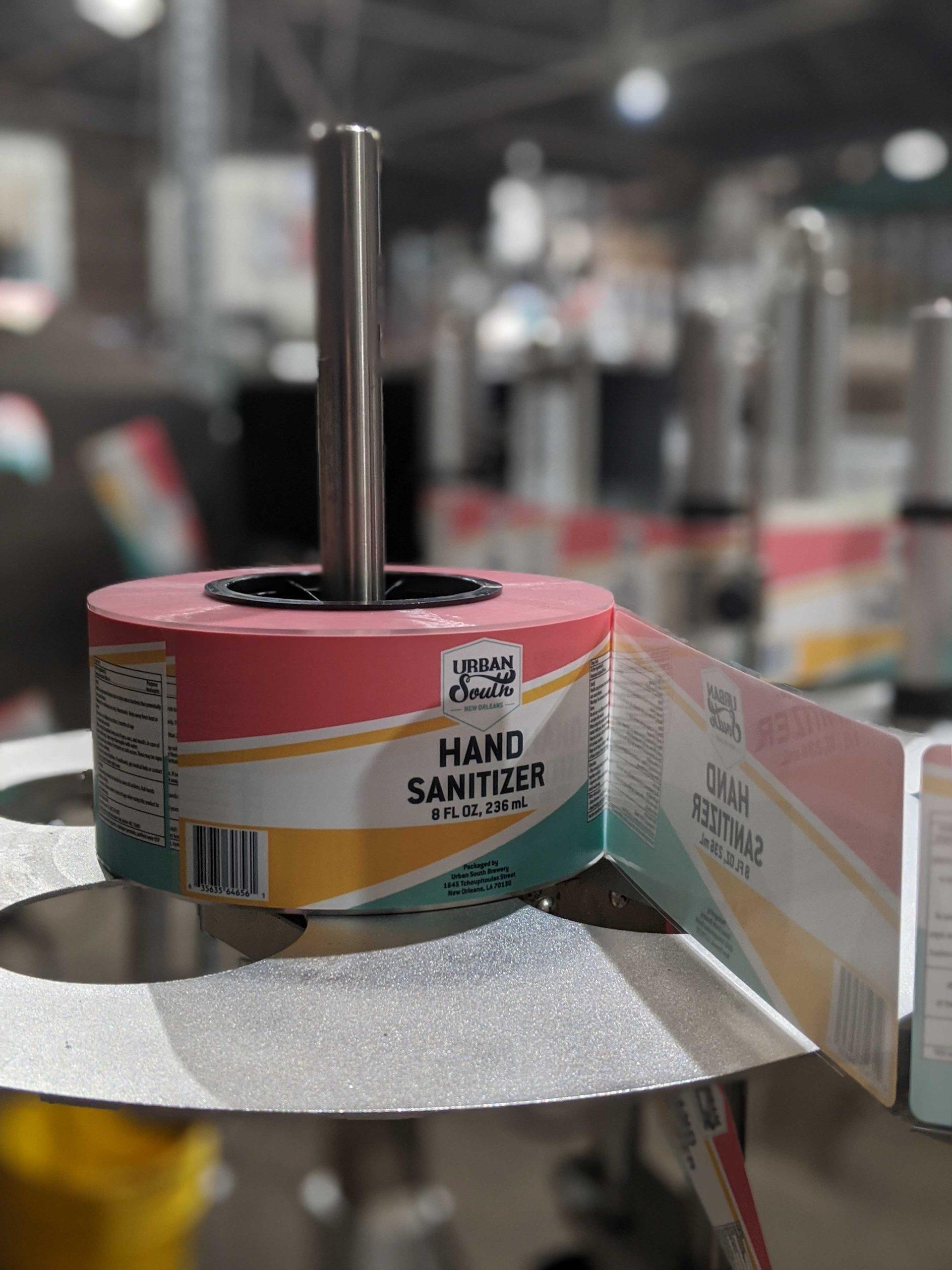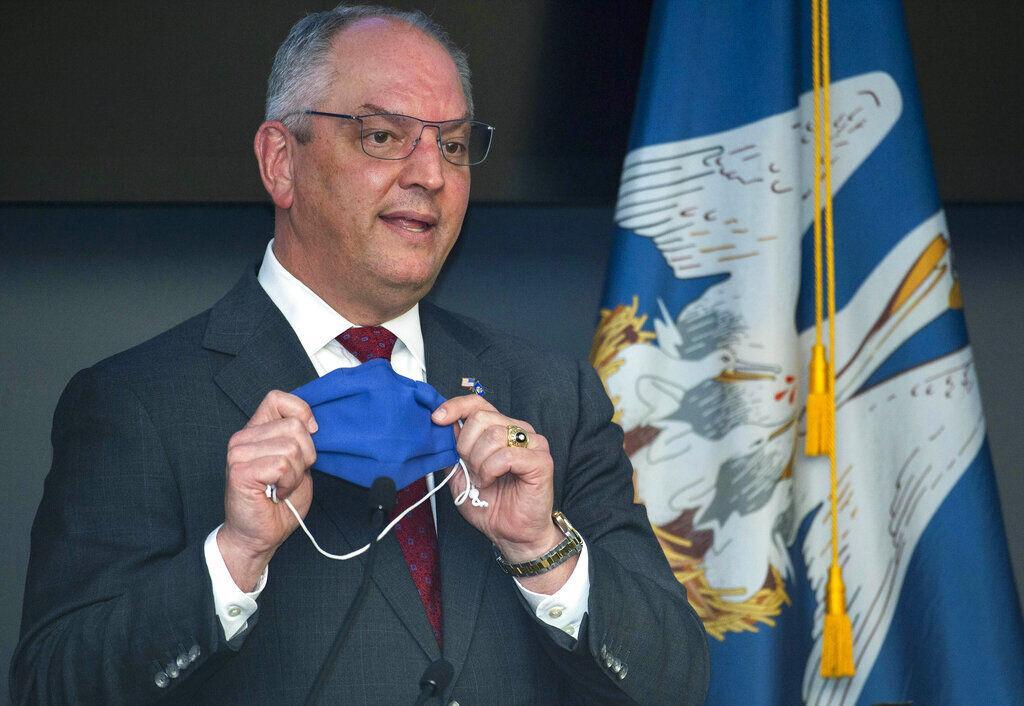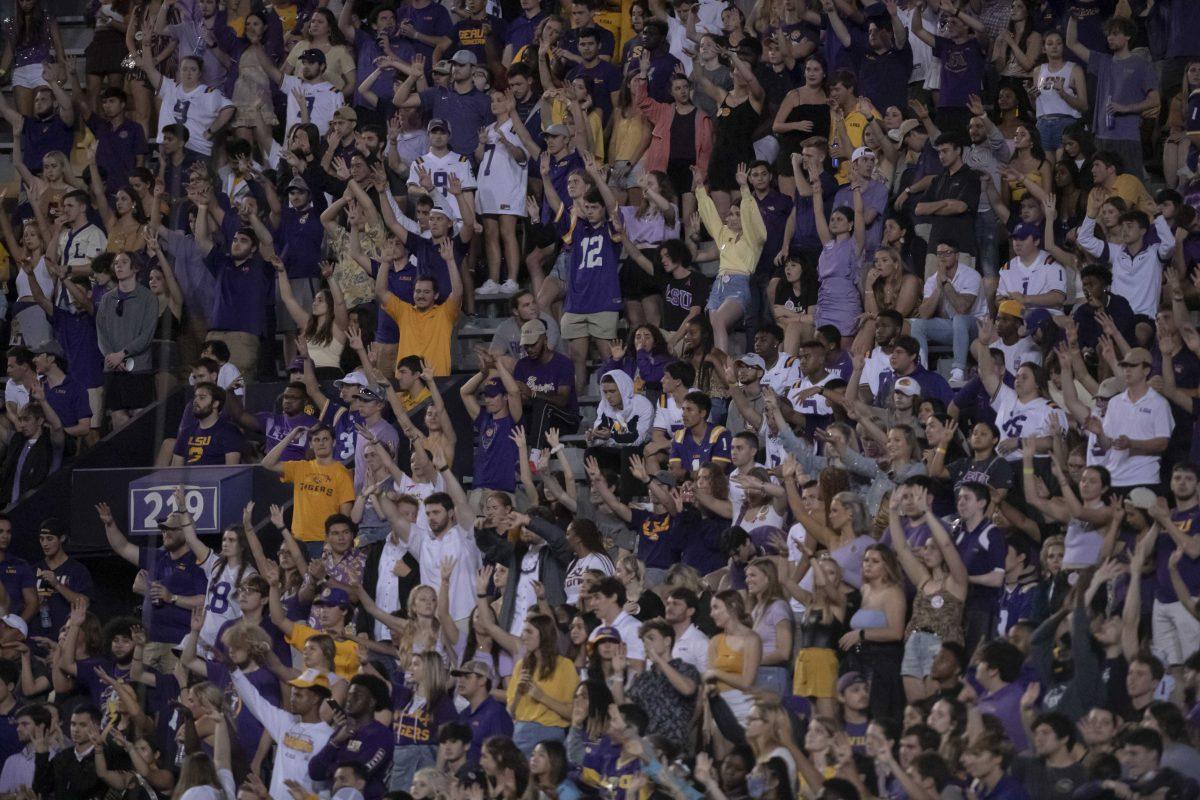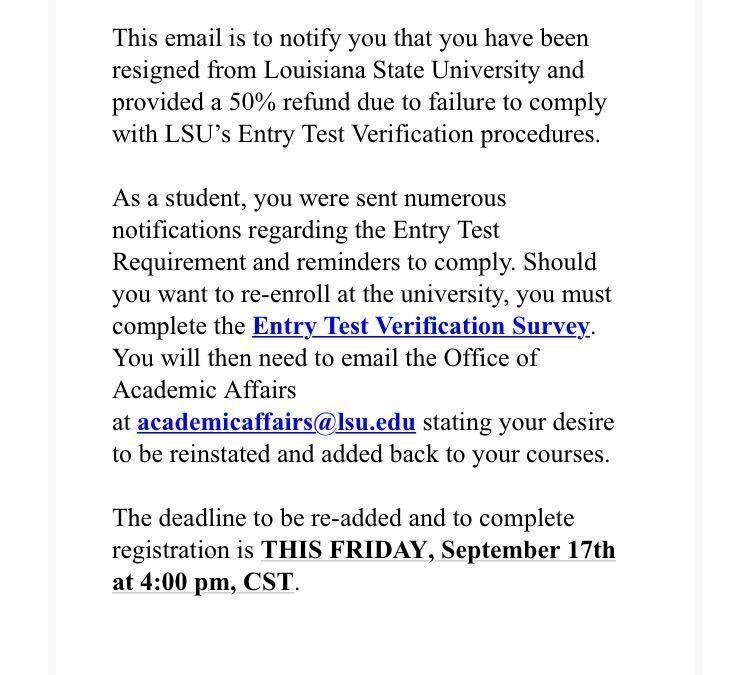LSU Honors alumnus Jacob Landry found an interesting way to supplement his company’s income during the height of the pandemic.
Landry is the founder of Urban South, the largest craft brewery in New Orleans. With the closure of restaurants and taprooms in New Orleans, Landry needed to find a way to continue to pay his staff.
“About 45% of the beer we were sending out were going out in kegs, what we call on-premise,” Landry said. “When they shut down, immediately that 45% of the beer we made was completely shut off.”
Those losses were exacerbated by the closing of taprooms with COVID-19 restrictions, which accounted for an additional 30% of Urban South’s revenue. With over 75% of revenue being cut off, Landry’s top concern became his employees.
“It was a pretty scary moment particularly because we employ close to 40 people, and so my number one concern was ‘How do we ensure that these people’s livelihoods are not impacted, and how do we keep our really great team together and not lose people?’” Landry said.
That opportunity arose shortly after the shutdown of taprooms and restaurants in New Orleans when Landry’s state representative forwarded him the information about the bid.
“I think it was maybe a week or two after the shutdown happened that the opportunity for the state bid on hand sanitizer came through,” Landry said. “My state rep. forwarded a letter to me and I said ‘Hey we’ve never done this before, but we certainly know how to put liquid into bottles.’ So I did some back-of-the-envelope calculations on what it would cost to do that, and what kind of bid we could put in.”
Employees of Urban South also benefited, as many outside of the production staff had no work.
“It was huge for us because we have a pretty big staff that was slowed down a lot on beer production,” Landry said. “We had no taproom visitors, so we had bartender staff that didn’t have any work. It was a good opportunity for us to repurpose some people and keep them employed.”
Landry said his time in the Ogden Honors College prepared him for the challenges not only of COVID-19, but of running a business.
“I’d say first and foremost that the challenge of the Honors College was really valuable,” Landry said. “From a personal working perspective, that was certainly helpful in my development. I think more broadly that liberal arts foundation coupled particularly with the mass communication focus on really being able to communicate clearly and effectively has been incredibly valuable.”
Though the project helped to keep Urban South in business through the pandemic, Landry expects to return to solely beer production in the near future as restrictions are lifted.
Despite Louisiana’s move into Phase 3 of its reopening plan Sept. 11, New Orleans remained in Phase 2. Bars stayed closed and restaurants, gyms, stores and other businesses are allowed to operate at 50% capacity.
According to a press release from the Office of the Governor, bars in parishes with a positivity rate of 5% or lower for two consecutive weeks may opt in for on-site consumption under Phase 3. Bars can reopen at 25% capacity, up to 50 people.



